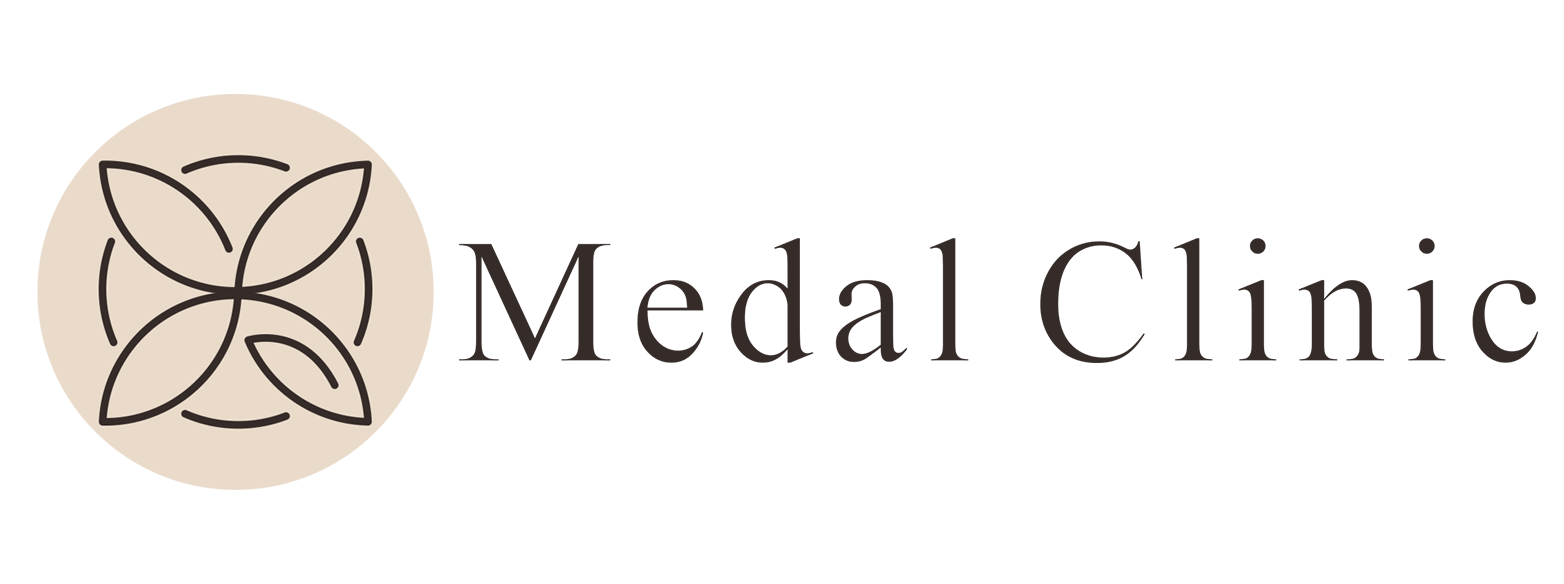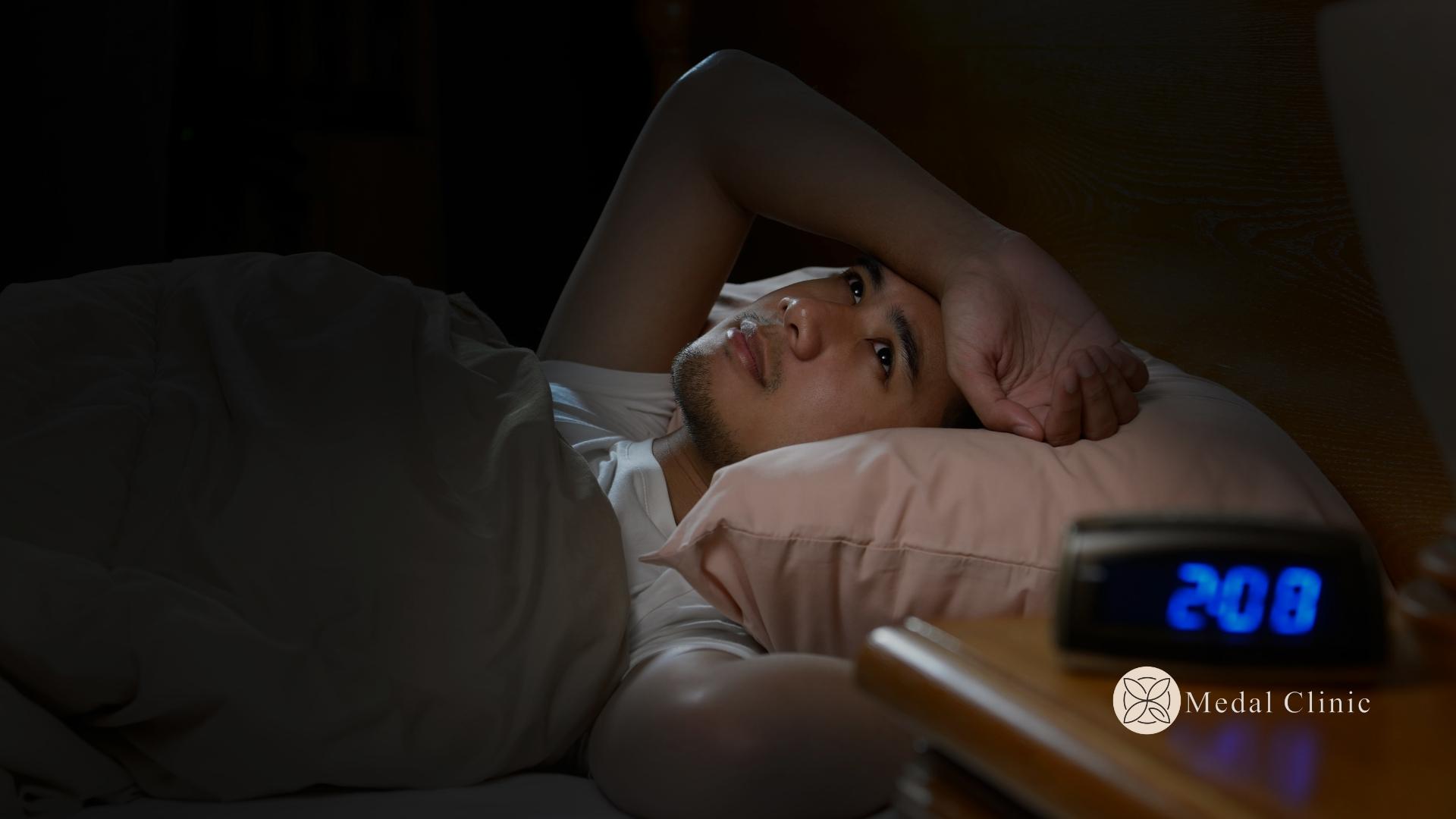Solutions to Sleep Problems with Complementary Medicine
Sleep is an essential component of our overall health and well-being, yet many individuals struggle with sleep problems at some point in their lives. Sleep disorders can disrupt our daily routines, impact our physical and mental health, and lead to a reduced quality of life. While conventional medical treatments are available, complementary and alternative medicine (CAM) offers a holistic approach to addressing sleep problems. In this blog, we will explore various complementary medicine approaches and solutions to help improve your sleep.
Understanding Sleep Problems
Before delving into complementary medicine solutions, it’s crucial to understand the common sleep problems people face. Some of the most prevalent sleep disorders include:
- Insomnia: Difficulty falling asleep, staying asleep, or experiencing non-refreshing sleep.
- Sleep Apnea: Interruptions in breathing during sleep, often accompanied by loud snoring.
- Restless Legs Syndrome (RLS): An uncomfortable sensation in the legs, which is relieved by moving them.
- Circadian Rhythm Disorders: Disruptions in the body’s natural sleep-wake cycle, often due to shift work or jet lag.
- Parasomnias: Abnormal behaviors during sleep, such as sleepwalking or night terrors.
Complementary Medicine Approaches
Complementary medicine encompasses a wide range of practices and therapies that can complement conventional treatments or serve as alternatives for managing sleep problems. Here are some popular complementary medicine approaches to improve sleep:
Acupuncture: Acupuncture involves the insertion of thin needles into specific points on the body to stimulate energy flow. It has been shown to help alleviate insomnia, reduce sleep disturbances, and improve overall sleep quality.
Herbal Remedies: Certain herbs like valerian root, chamomile, and passionflower have sedative properties and can be used in teas, supplements, or aromatherapy to promote relaxation and sleep.
Yoga and Meditation: Regular practice of yoga and meditation can help reduce stress, anxiety, and improve sleep quality. These practices focus on calming the mind and relaxing the body, making them beneficial for individuals with insomnia or high-stress levels.
Aromatherapy: Aromatherapy involves using essential oils, such as lavender or cedarwood, to create a calming environment. These scents can be diffused, applied topically, or added to a warm bath to induce relaxation and improve sleep.
Diet and Nutrition: Certain dietary changes can positively impact sleep. Consuming foods rich in tryptophan (found in turkey, nuts, and seeds) and magnesium (found in leafy greens, nuts, and whole grains) can promote better sleep.
Mind-Body Therapies: Practices such as Tai Chi, Qi Gong, and progressive muscle relaxation can help individuals manage stress and anxiety, which are common contributors to sleep problems.
Chiropractic Care: Chiropractic adjustments can improve overall health and may help individuals with sleep problems by addressing musculoskeletal issues that could be affecting their sleep.
Homeopathy: Some individuals find relief from sleep problems through homeopathic remedies prescribed by a qualified practitioner. These remedies are tailored to an individual’s specific symptoms and constitution.
Conclusion
Sleep problems can significantly impact our lives, but there are many complementary medicine approaches that offer holistic solutions to improve sleep quality. It’s essential to consult with a qualified healthcare provider before starting any complementary medicine regimen, as they can help you choose the most appropriate treatments and ensure they do not interfere with any existing medical conditions or medications.
Remember that while complementary medicine can be beneficial for managing sleep problems, it’s essential to maintain a healthy lifestyle, practice good sleep hygiene, and seek professional medical advice when necessary. By taking a holistic approach to sleep, you can enjoy the benefits of restorative rest and improve your overall well-being.
FAQ's
What is complementary medicine, and how does it differ from conventional medicine?
- Complementary medicine refers to non-mainstream therapies and practices used alongside conventional medicine. It aims to treat the whole person and focuses on wellness and prevention. Conventional medicine, on the other hand, is primarily based on pharmaceuticals and surgical procedures.
What are the common sleep problems that complementary medicine can help address?
- Complementary medicine can be beneficial for various sleep problems, including insomnia, sleep apnea, restless legs syndrome, circadian rhythm disorders, and parasomnias.
Is complementary medicine a suitable replacement for conventional treatments for sleep disorders?
- Complementary medicine can complement conventional treatments, but it may not always be a substitute. Consult with a healthcare provider to determine the best approach for your specific sleep issue.
Are there any side effects associated with complementary medicine for sleep problems?
- While many complementary therapies are generally safe, individual responses may vary. Some people may experience mild side effects or interactions with other medications. It’s essential to discuss any complementary treatments with a healthcare professional.




